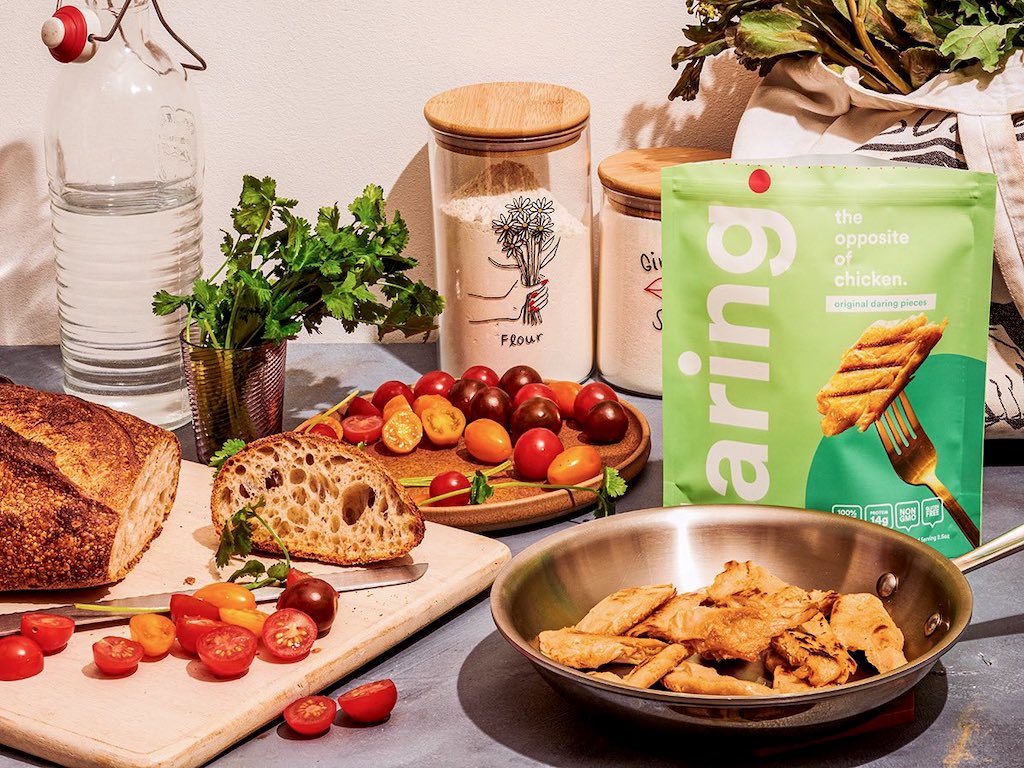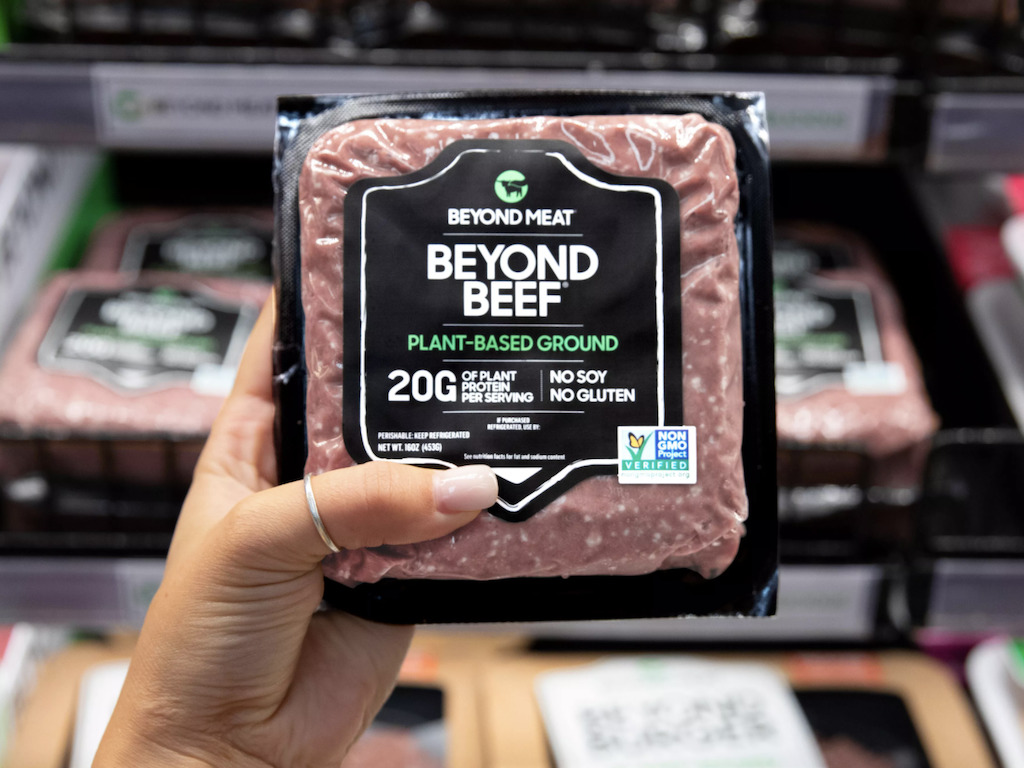3 Mins Read
Legislators in Texas have passed a bill to ban terms such as “meat” and “beef” on the labels of plant-based food products, a law supported by big meat-funded groups to stem the rising popularity of alternative proteins. The bill will also apply to cell-based meat products and insect protein.
Texas lawmakers have approved House Bill 316, which will restrict the use of terms such as “meat”, “beef” and “chicken” on plant-based food labelling in order to prevent brands from “misleading” consumers. The new law defines these terms as “any edible portion of a formerly live and whole cattle [or] chicken carcass, not derived by synthetic or artificial means”.
The descriptors “pork” and “poultry” will also be banned from labels of plant-based food products, though other terms like “burger” and “sausage” are not included.
In addition to restricting such terms from being used to describe plant-based alternatives, the bill will apply to any non-animal food products, such as lab-grown or cell-cultured meat and insect protein.

Republican Texas State Representative Brad Buckley, who introduced the bill, said: “Our goal here today with this bill is to have clear and accurate labelling so the consumer has no doubt what they’re purchasing,” adding that “it’s also for those who choose to not eat meat.”
However, industry watchers say that the bill – which has been supported by large meat companies and their lobbying groups, including the Texas Poultry Federation, Texas Pork Producers Association and the Texas and Southwestern Cattle Raisers Association – is simply a move designed to stifle the growth of the plant-based meat sector.
Vegan meat alternatives have risen in popularity, particularly during the first wave of the coronavirus crisis when the category saw explosive triple-digit growth in the U.S. while the livestock industry grappled with shutdowns due to large-scale outbreaks, causing severe disruption across the animal supply chain.
By the end of the year, U.S. retail sales of plant-based foods hit a record US$7 billion.
The bill will have to be voted on again in the House before it moves to the Senate to be enacted.

A number of plant-based producers and groups, including food tech giants Beyond Meat and Impossible Foods, as well as the Plant Based Foods Association have already stood out to oppose the bill.
Both Beyond Meat and Impossible Foods have had huge success in reaching mass consumers in recent years, and have highlighted the huge environmental savings associated with their plant-based meat analogues compared to traditional animal agriculture.
According to U.N. estimates, the livestock sector is responsible for nearly a fifth of global greenhouse gas emissions, as well as a huge contributor of water pollution and deforestation.
Other states in the U.S. have also introduced similar laws to restrict plant-based product labelling, though vegan brands and advocacy groups are fighting back.
In the E.U., a proposal supported by the big meat and dairy industry to prevent plant-based meat alternatives from using terms like “burger” or “steak” was struck down in October last year, in what many described as a win for the plant-based industry. The proposed bill would have meant that such products would need to be labelled with substitute bizzare descriptors, such as “discs” or “tubes”.
However, European lawmakers dealt a blow to plant-based dairy makers, deciding to further limit the ability for dairy substitutes to be marketed as dairy “alternative” or “style”, a move that climate activists and scientists have warned runs counter to the bloc’s goal of building a sustainable food system and cutting 60% of its carbon footprint by 2030.
Lead image courtesy of Beyond Meat.




